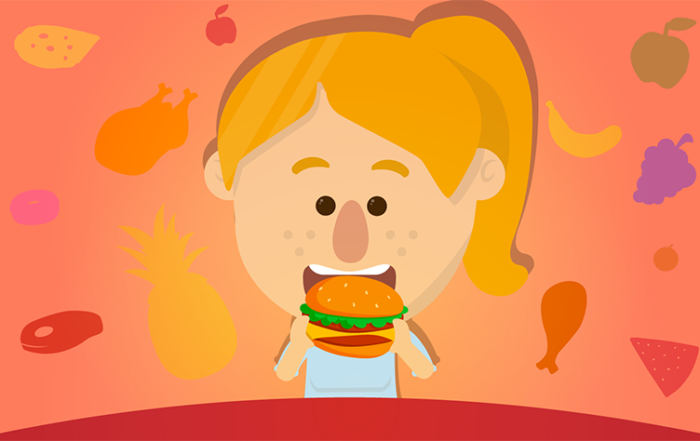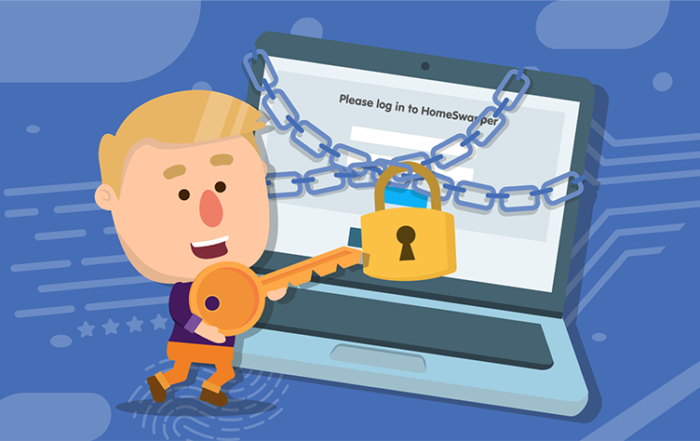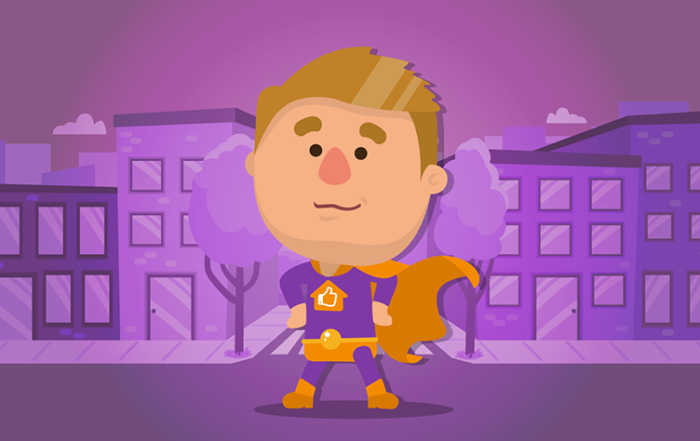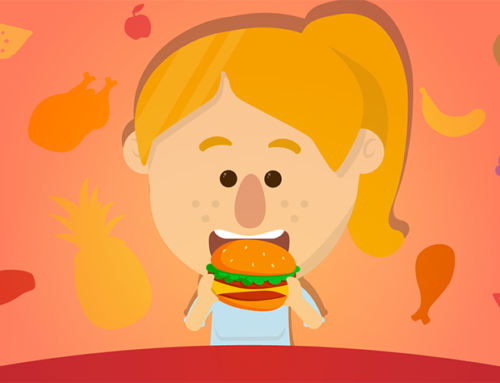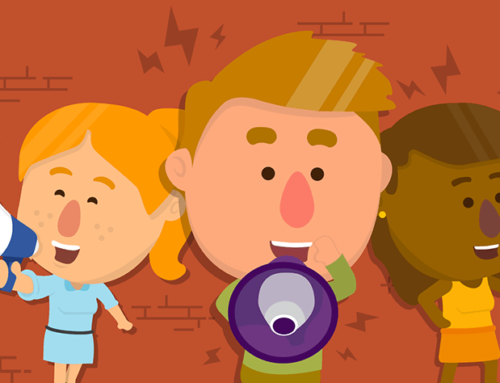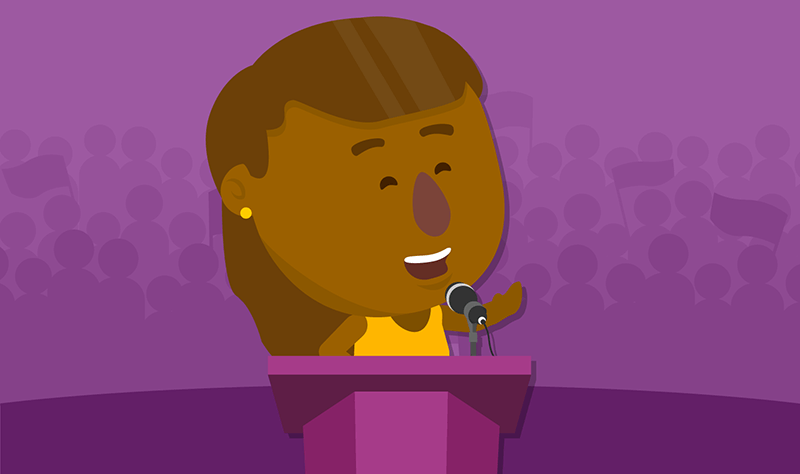
Across the UK, the outpouring of those protecting and nurturing their communities has been overwhelming. It may sometimes seem that the problems facing us all are too big to address – but that’s why small actions to impact your immediate environment can be the best way to start. Over the past few months, we’ve been writing our series on ‘What local councils are responsible for’ and it got us thinking… why not ‘be the change that you want to see’? One way to go about doing this is to become a local councillor.
There are around 20,000 local councillors in England. Local councils are elected every four years, when a ballot paper will be posted to your address listing the candidates for local councillors in your area. This is so you can have a say about who makes the decisions about your local services.
But you could also become that voice in your local community and help represent the interests of the people around you! Maybe you don’t agree with how things are currently being run and want to challenge how your local area deals with a certain issue. Becoming a local councillor will help you do just that!
What would being a local councillor mean for me?
Being a local councillor is a voluntary role and on average, a local councillor gives 25 hours of their time per week, but this really varies depending on your circumstances and the responsibilities you would take on. Most meetings take place in the evenings, so many people can juggle the role with their day job.
Being a councillor isn’t a paid position, although you may get some allowances, such as travel. By becoming a local councillor, you could be making a huge difference to your community, directly helping to decide the services that money is being spent on.
What do I need to be a local councillor?
Anyone over the age of 18 can become a local councillor. There are no formal qualifications needed, but you may be able to bring skills from your personal and professional life to the table. This could come in the form of having good links with your local community, great communication skills, a good head for numbers or being able to work as part of a team.
As a councillor you don’t have to live in the area that you represent. For example, you could work in an area and want to express the interests of local businesses, but you will need to be signed up to the electoral register in that area to run there..
All councils are run by one of the leading UK political parties; Labour, Conservative, Liberal Democrat or Green. If you agree with one of these parties’ policies and are a member of their party, you could sign up to be a councillor for them. If none of the parties represent your views, then you can sign up as an independent councillor.
Once you have decided to run for election, you will need to get 10 supporters who are already on the electoral register to sign your nomination paper. These papers should be given to the council’s electoral officer 19 days before submission. You won’t need to pay any money or give a deposit to sign up for local elections.
Being a local councillor can be a rewarding role that helps you impact your area for the better, influence how services are delivered in your local area and represent the voices of those around you.
To find out more, check out the campaign Be A Councillor
The HomeSwapper Customer Support team are always on hand to give advice and tips on how to get the most from HomeSwapper. They deal with Swappers every day and have a unique insight and view on the thousands of successful swaps that take place on HomeSwapper.
